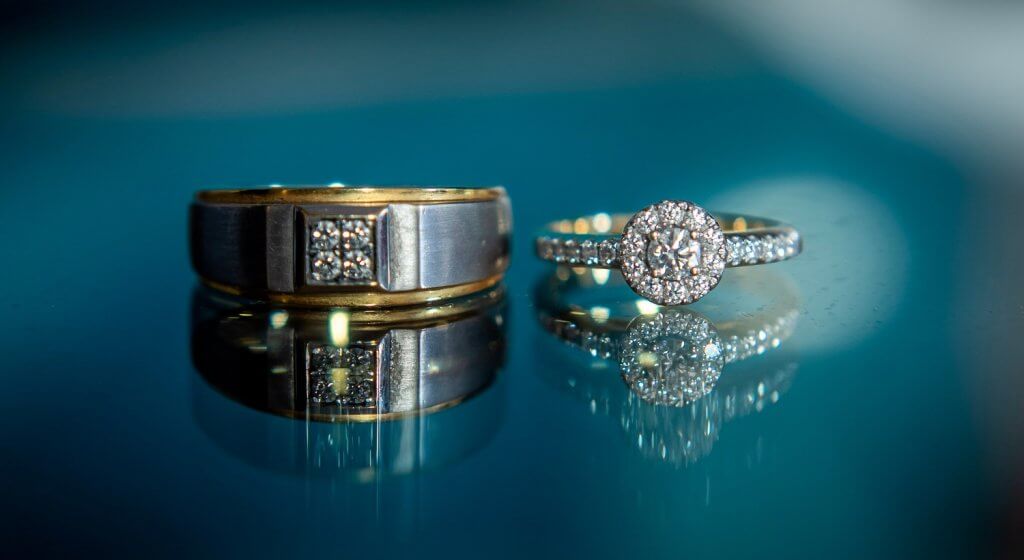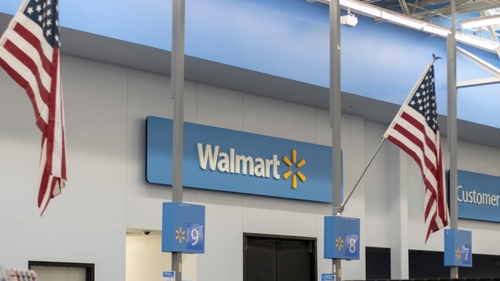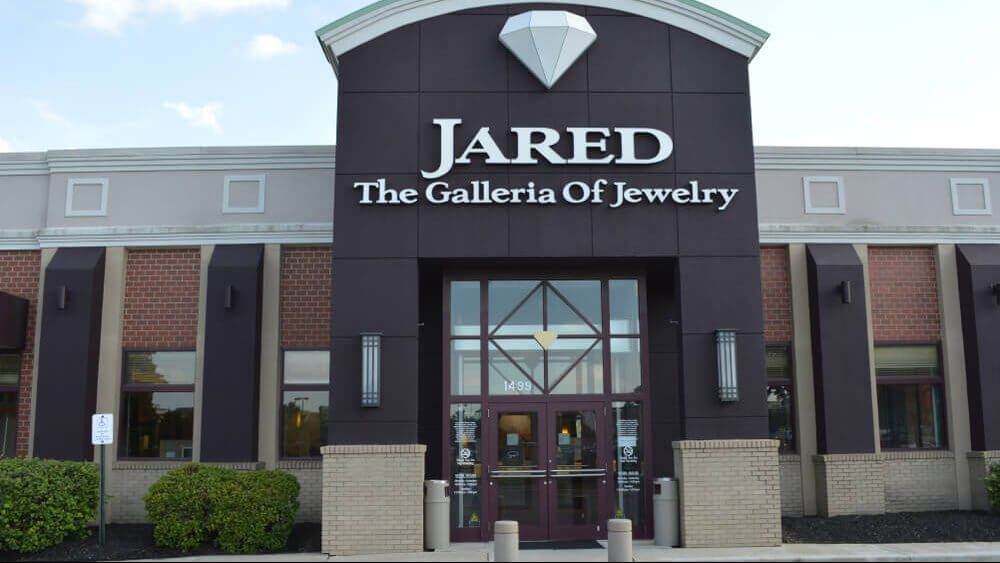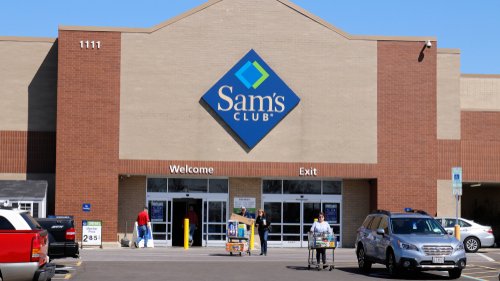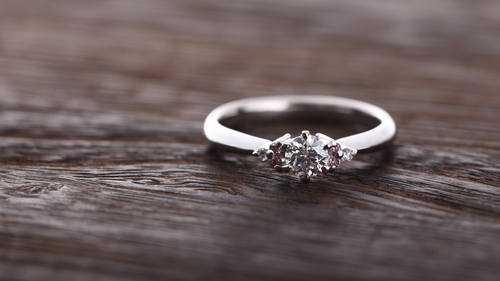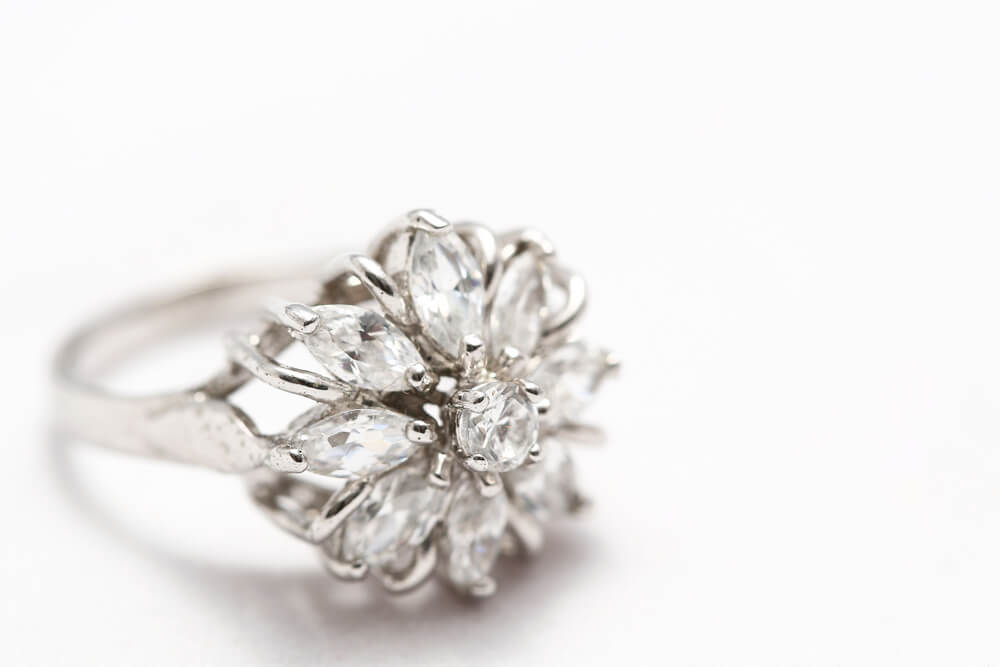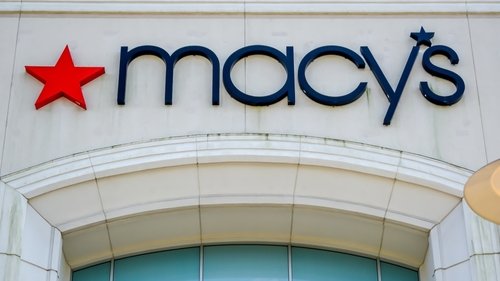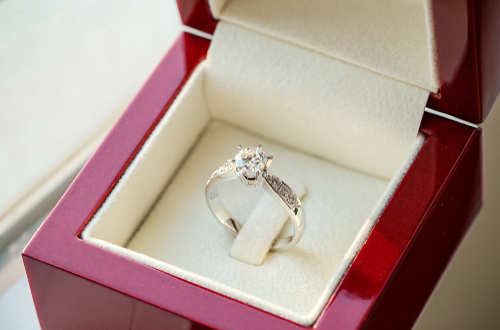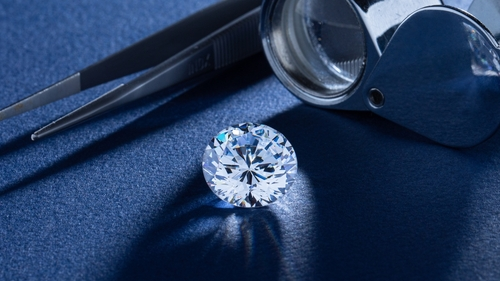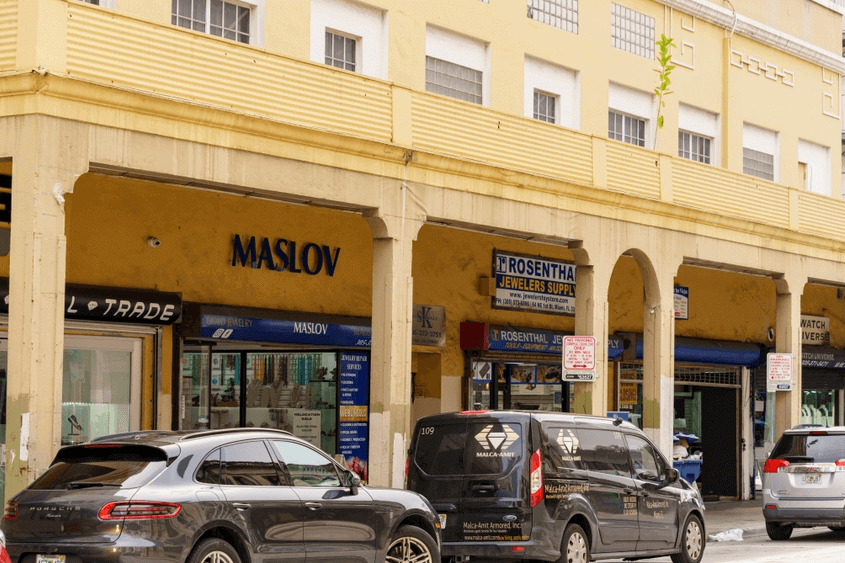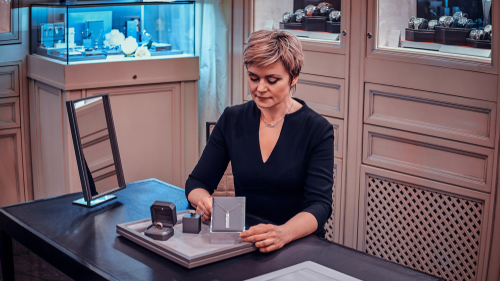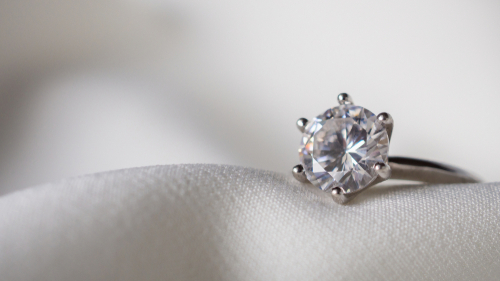Is Brilliance the Best for Engagement Rings? Here’s What We Found
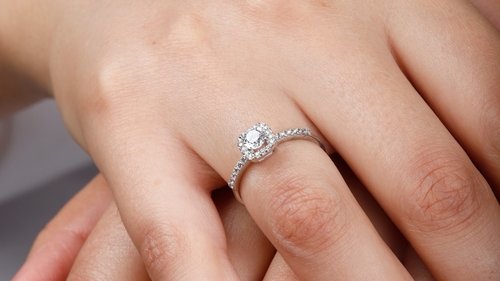
In this comprehensive review, we’ll explore:
- Brilliance is an all-purpose online jewelry vendor which transitioned from wholesale to be more consumer-oriented. Their operation is similar to the likes of James Allen and Blue Nile.
- A notable issue with Brilliance is that they have diamonds from five different grading labs. Using this range of labs means that comparing diamonds becomes a very difficult task, as, despite similar appearances, certain labs will be looser on their standards than others.
- Inconsistencies with photography and videography makes it difficult to see the diamond on a listing. While you can book a live, online consultation with a Diamond Expert from Brilliance, we’re not convinced about its usefulness, as photographs and videos don’t compare to seeing it yourself, in person, which is not something they offer.
With a name like ‘Brilliance’, you’re setting yourself a high standard to live up to. That’s not necessarily a bad thing – over the years, we’ve encountered countless jewelers working above and beyond the standard we’d expect for a name like ‘Brilliance’.
When it comes to Brilliance themselves, however, we’re less than convinced. An online jeweler that prides itself on offering the lowest prices around, we found that their approach to selling diamonds and diamond engagement rings to shoppers looking to streamline the process as much as possible is so incomplete, that shoppers could easily wind up sacrificing a better choice for the sake of speed.
From the inconsistent (and, at times, poor) photography to the wide variety of gemology labs used to grade their selection of diamonds, we were truly underwhelmed by the low bar set by Brilliance.
Our thoughts:
The positives: the website is easy to use.
The negatives: the wide variety of grading labs used for their diamonds mean that even narrow search parameters are inconsistent, and reducing the process of buying an engagement ring into three steps that can be completed on your computer is, we think, a real risk for shoppers.
The Brand
Even Brilliance.com is light on details. In operation for more than thirty years, the company has transitioned from the wholesale diamond market to the consumer side. With some of the most competitive prices online, it’s a one-stop-shop for loose diamonds, engagement rings, wedding bands, fine jewelry, as well as other gemstones and the common diamond simulant, moissanite.
At face value, then, they’re not all that different to James Allen or Blue Nile – something that automatically counts against them with us, given our skepticism toward the entire ecommerce model for diamond jewelry.
One of the most glaring issues we found with Brilliance, however, was the fact that they have spread themselves incredibly thin between five separate grading labs: the GIA, the AGS, the EGL, the IGI and the HRD.
We’ve talked in the past about the troubles associated with browsing diamonds that, on paper, seem identical save for the lab that graded them – and for a more robust explanation, you can read our guide to diamond certification here.
Hypothetically, for a site listing two diamonds – where one has been graded by the GIA, and the other the EGL – the EGL graded diamond will be cheaper. In a lot of cases, shoppers will be (understandably) tempted to go for the diamond that saves than $300 but, if you know anything about diamond certification, you’ll know that the EGL is widely regarded as a looser, and less consistent lab compared with the GIA.
This means that the shopper could wind up with a diamond that, had it been graded by the GIA, would actually be priced lower as a result of some very different (and inferior) grades for cut, color, or clarity. This makes it impossible to accurately compare two diamonds, if one has been graded by one lab and the other by a totally different one, with totally different standards.
To their credit, Brilliance do acknowledge the superiority of the GIA’s grading process, but state that a benefit to choosing an EGL certified diamond is that, “an EGL diamond graded the same color and clarity as a GIA diamond will be less expensive”. It’s hard to see this as a true benefit, given that the visual appearance of the diamond matters a lot more than what’s printed within the certificate.
In other words, an EGL diamond will be less expensive than a GIA diamond with the same color and clarity, but it is also likely to be inferior – possibly even visually inferior – to the GIA diamond, so why is its lower price a benefit?
The Experience
Like most of the online jewelers we have reviewed in the past, Brilliance is a relatively straightforward website to navigate. They have also adopted the three-step approach to picking out an engagement ring, which we consider to be inherently flawed no matter who is offering it.
They’ve got a wide selection of engagement ring settings – more than the average shopper could need, but we can’t exactly count that against them – as well as a number of preset engagement rings.
Simply because of the way their business runs, there’s very little consistency between the ways their diamonds are photographed. Some are captured in high definition, against plain backgrounds, while others aren’t. It gives the diamond search page a random feel – like searching through a marketplace, rather than a carefully curated collection.
Switching from their diamonds to their engagement rings was a welcome change, since the inconsistencies in the photographs for the diamonds made things feel a lot more chaotic. While we’re not fans of James Allen, there’s a lot more to be said for the quality of their photography and videography.
While Brilliance do offer shoppers the chance to book a 1 on 1 chat with one of their Diamond Experts, this is nothing like booking a consultation with the jeweler who will be responsible for your ring. You wouldn’t attend an in-person meeting with your jeweler and think it was normal for them not to show you any examples, so we don’t see how a remote chat can live up to a real consultation.
For us, the worst part of browsing was frequently coming across EGL diamonds. As a for-profit lab, they are widely considered to exist for the benefit of the vendor, rather than the buyer, since they are often found to have overinflated claims about the diamond’s quality, making it much easier for vendors to get a high price for their diamonds.
Returns
Another thing that makes Brilliance – and other online jewelers – an inferior choice is their returns policy. It’s not uncommon for these retailers to state that the 30 day window for returns begins from the moment the order is shipped, meaning that you actually wind up with less than 30 days to decide whether it’s right for you.
Not only does that mean you’ll be caused a lot of stress if the order is delayed somehow – certainly not unheard of – but also that you’re pretty much committed to proposing within 30 days of the order shipping, unless you want to take the risk on it really being the perfect ring for your partner.
If you’re going the traditional route, you’ve got a lot more freedom. You can see your ring for the first time in the jewelry store, without having to pay or take it home before you’re sure it’s the ring for you. They can even hold onto it until you’re ready to propose – a great way to avoid feeling rushed into a hastily-organized proposal.
FAQ
Just in case you were wondering…
Does Brilliance Sell Real Diamonds?
Yes, their diamonds are real, although they also sell other gemstones, including moissanite.
Unlike James Allen, Brilliance do not sell lab grown diamonds. They also sell a pretty wide variety of fancy color diamonds, too.
Is Brilliance a Good Jewelry Brand?
While Brilliance is a legit online jeweler – one that has been in operation for years now – we would not recommend it to anyone looking to invest in a diamond, or diamond jewelry.
There’s very little value in listing so many diamonds graded by such a wide variety of labs side by side, particularly for buyers who have little to no experience in purchasing diamond jewelry.
The site has received mixed reviews from its customers over the years, and generally falls behind some of the more reputable online jewelers.
What Does EGL Mean for Diamonds?
EGL diamonds have been graded by the European Gemological Laboratories (EGL), rather than a lab like the GIA or AGS.
While the GIA is regarded around the world as the most credible lab for grading diamonds, the EGL suffers from a pretty spotty reputation – particularly in America. They’re known for awarding diamonds better grades than some of the more credible labs, meaning that sellers can charge a higher price for an inferior product.
Sure, EGL diamonds are cheaper on Brilliance’s website, but, since they’ve been graded by a lab with such a poor reputation, how can you be sure they’re not worth even less than the price they’ve been given?
Our Summary
Let’s face it, we’re pretty unlikely to give any ‘online jeweler’ a ringing endorsement, but there’s definitely a major difference between one of the more prominent sites, and Brilliance.
Their approach to diamond certification is incredibly scattered, and the photographs of the diamonds they do offer on their site vary so much in terms of quality that the notion of anyone being able to find a beautiful diamond without actually seeing it in person first is made even harder than it is at one of Brilliance’s competitors.
The main selling point for sites like this one is that it expedites and simplifies the process, but there’s nothing simple about searching through diamonds graded by five different gemological laboratories. Sure, you can filter your results to include just the GIA diamonds but, with them all mixed in together initially, we wonder if some shoppers haven’t assumed that there’s really not much difference between one lab and the next.
We’re not sure what value listing such a wide array of differently graded diamonds side by side holds for shoppers, particularly when the EGL is considered to benefit the vendor far more than the customer. Save yourself the time and aggravation of browsing pages and pages of inconsistently graded and catalogued diamonds, and book up a consultation with a best jewelers near you instead.
Note:
The insights provided in this review are drawn from publicly available data, customer reviews, and expert analysis. Our goal is to offer a balanced perspective to help buyers make informed decisions.
This site is not affiliated with or endorsed by Brilliance. All information is based on publicly available data and independent evaluations. Logos and trademarks belong to their respective owners and are used for informational purposes only.
Readers are encouraged to verify all details with the retailer directly before making a purchase.




